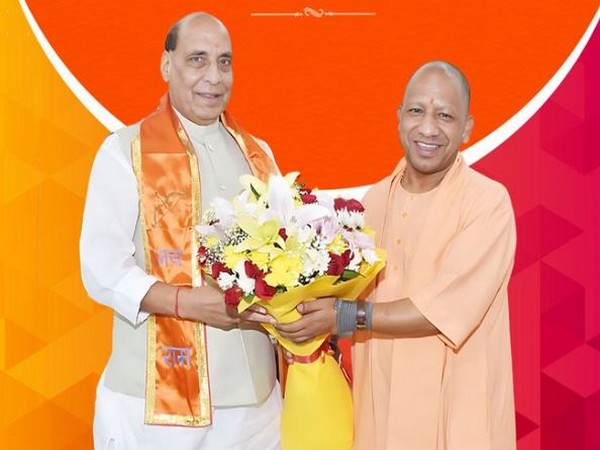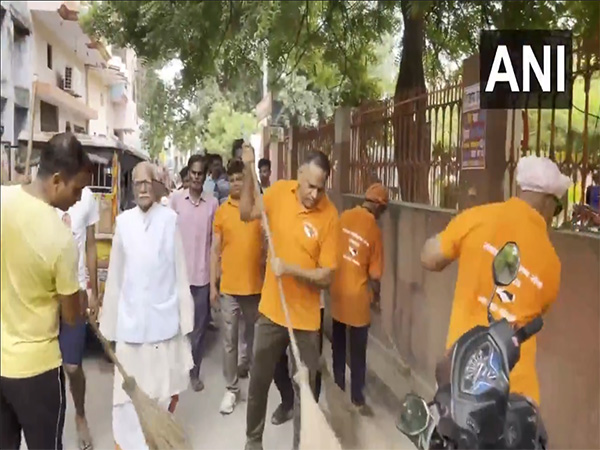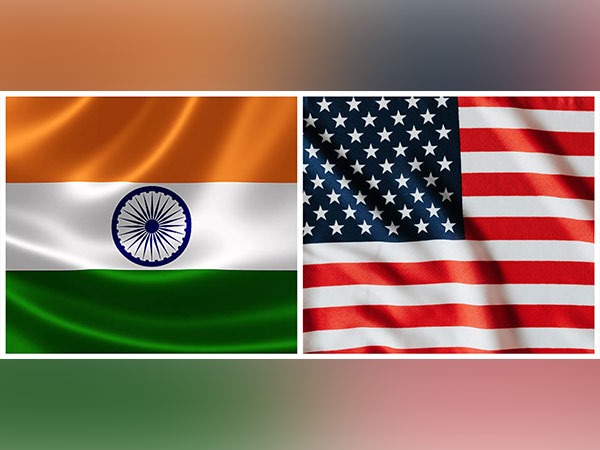Judges have to fill gap between the law and justice, says Justice DN Patel
Mar 11, 2022

New Delhi [India], March 11 : Judiciary has a role to play and judges have to fill the gap between the law and justice by their orders and judgements, said Delhi High Court Chief Justice DN Patel who attained superannuation on Friday.
Quoting Abraham Lincoln, Justice Patel said, "The best thing about the future is that it comes one day at a time". "This is perhaps the reason we mentally prepare ourselves and plan our lives accordingly. For me, the day has arrived when ages of my life shall turn a new chapter", he added.
Justice Patel said that the Judiciary is one of the three primary institutions of Indian democracy being the adjudicature of truth stood with both constitutional powers and responsibilities in the scheme of the Indian Constitution, he added.
He said, "It is pertinent to mention that judiciary is a unique institution in the grand scheme of the Indian Republic as it does not have the power of the sword or the purse control by other two primary institutions. Our primary task is to render justice through our orders and judgements by deciding cases where there is a dispute not only between the individual but also the institution and the state authorities".
He further said, "And if there is any gap (between justice and law), a judge has to fill up the gap and that is known as judicial activism. That is inevitable. But as a matter of exception and not as a matter of role. We are not here, this is what I believe personally, to make the law, nor to evolve a policy brand new but we are the only interpreter of the law. But as an exception, as I have said, whenever there is a gap between law and justice, there is bound to be judicial activism."
We are not here to make the law but we are only the interpreter of the law, like I have said, whenever there is gap between law and justice there is bound to be judicial activism. We are giving several guidelines in several decisions, he added.
He reiterated, "We are concerned with the law as it is and not with law as ought to be", he emphasized. "It is a matter of Parliament and absence of law it is for the executive to draft the policy as per the bifurcation of the powers in the Constitution. I have always followed this theory of positivism and one has to maintain a balance between judicial activism and restrain", he added.
Thus, the unique position of the judiciary ensures that it parlays with both citizenry and authority through its written words in orders and judgements. Hence, I am thankful to God for letting me be part of this esteemed institution, he added.
On the last day of chief justice in office, the member of the bar acknowledged and thanked him for his efforts during the pandemic to keep the court proceedings going on.
Delhi High Court Bar Association President Mohit Mathur thanked the Chief Justice for his efforts to make virtual hearing and e-filing possible during the pandemic days.
On the other hand Advocate Rakesh Sehrwat, Chairman Bar Council of Delhi acknowledged the support Justice Patel rendered for the issues of the lawyer's fraternity.
ASG Chetan Sharma mentioned the important decision that Justice Patel passed during his tenure including in the matter of the Central Vista Project. He also appreciated the suo moto cognizance taken by Justice Patel in the Rohini Court firing incident.
On May 31, 2021, describing the Central Vista project as "vital and essential", his bench had allowed construction work on the project to continue and imposed a fine of Rs 1 lakh on the petitioners for their "motivated" plea.
The Central government on March 4 appointed Justice DN Patel, to the post of chairperson, Telecom Disputes Settlement and Appellate Tribunal (TDSAT). Patel had been appointed as the TDSAT Chairperson for a period of four years.

















